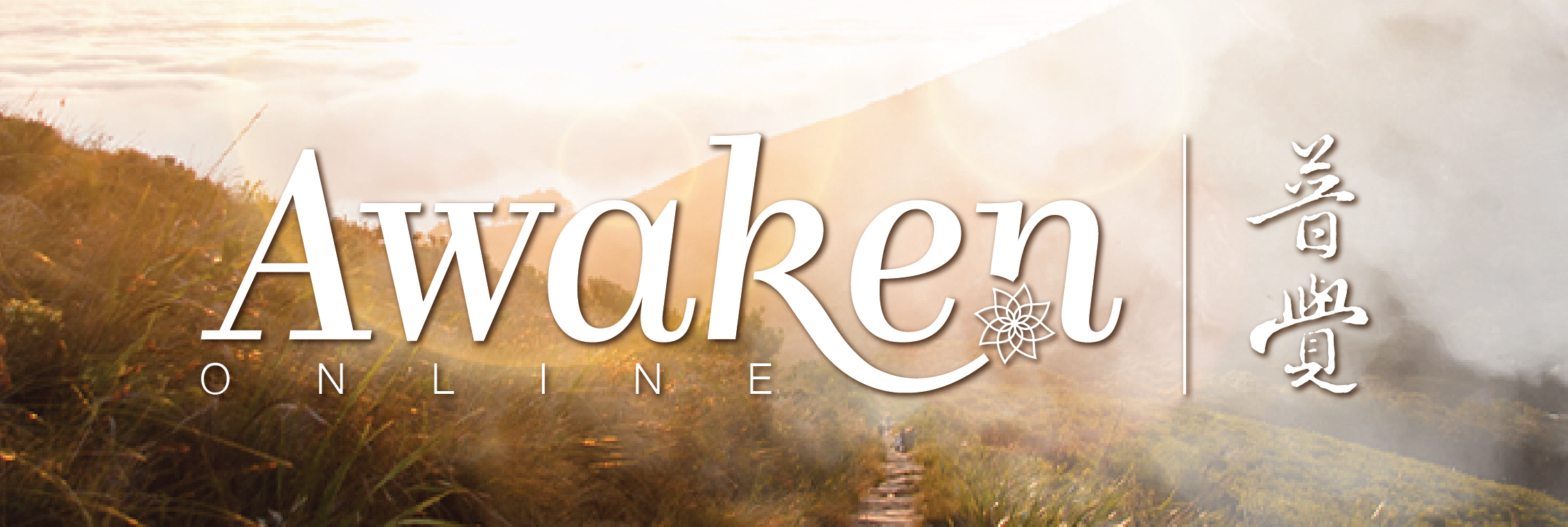How Can We Integrate Buddhism into Our Daily Lives?

BY | Ven Thubten Chodron
When you wake up in the morning, try to make your first thought, “Today, I don’t want to harm anyone. I’m going to help others as much as possible. May all my actions be directed towards the long-term goal of becoming a Buddha to benefit others.” After you get up, meditate for a while to get in touch with your inner calm, to learn about yourself, and to set up good motivation for the day.
During the day, be mindful of your feelings, thoughts, words and actions. When you notice disturbing attitudes or harmful behaviour, apply the antidotes taught by the Buddha. In the middle of a busy day, you can stop, breathe and get centred again before going on. Although this takes only a minute, it’s sometimes hard to get ourselves to pause when we’re on automatic pilot. Pausing is a good habit to develop: instead of answering the phone right away, we can think, “May I speak kindly and benefit the person on the line,” and then pick up the phone. When we sit down at our desk, we can breathe quietly for a few seconds and then begin work. When we’re stopped at a light or stuck in traffic, we can look around and think, “All these people around me want to be happy and to avoid problems just as I do. Because we live in an interdependent society, I receive benefit from the different jobs these people do, even though I don’t know them personally.” It’s also very helpful to think like this when someone cuts you off!
In the evening, take a little time to review the day’s events, purify your harmful behaviours, rejoice in the changes and positive attitudes you’re developing, and dedicate all the positive potential for the enlightenment of all. We often expect “fast food enlightenment,” not wanting to expend much time or energy to gain it. Unfortunately, things don’t work that way! It’s important to recognise that profound change occurs gradually. We need to rejoice at our own and others’ development instead of being dissatisfied with what we haven’t done.

